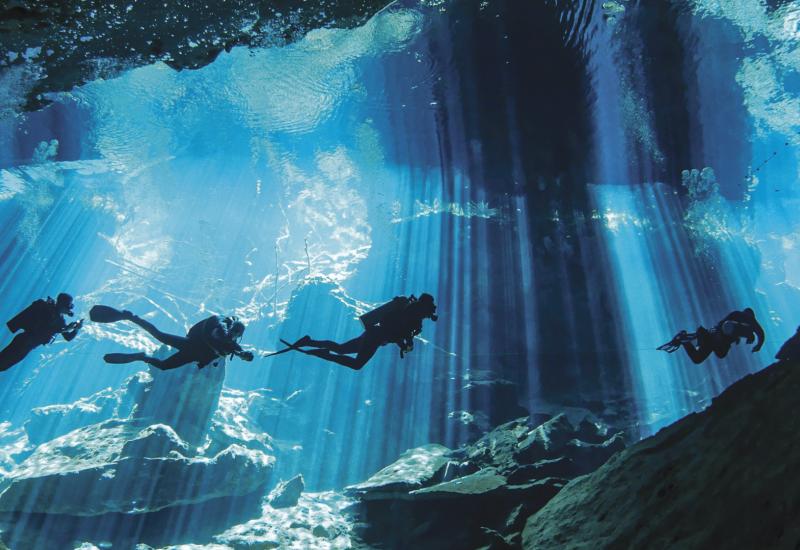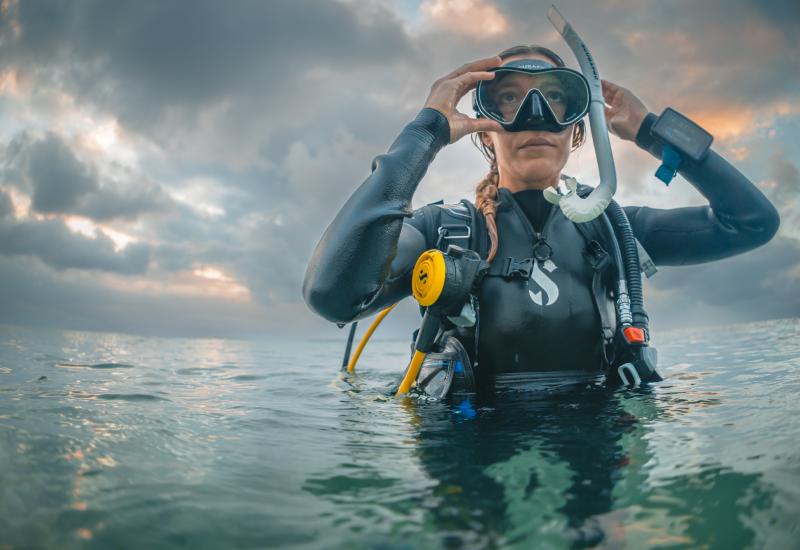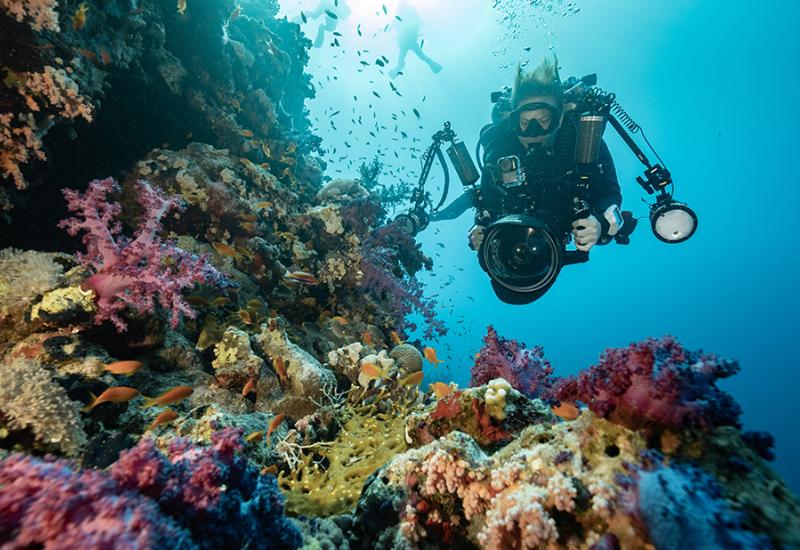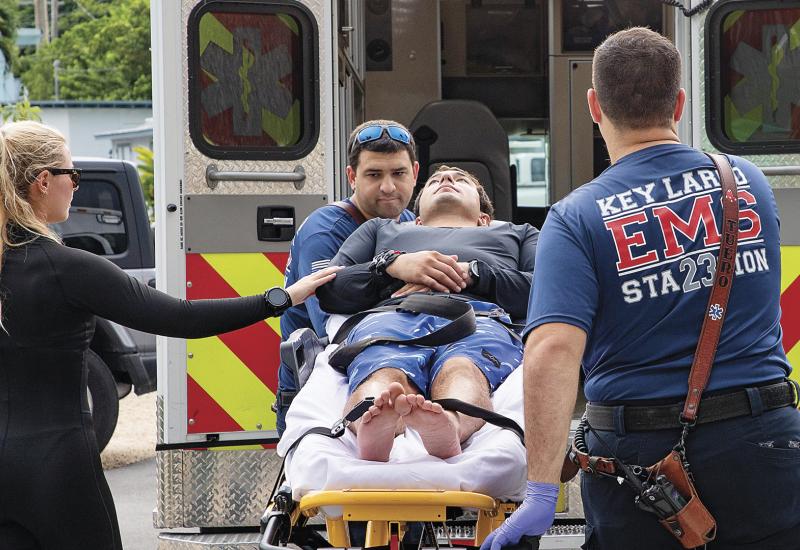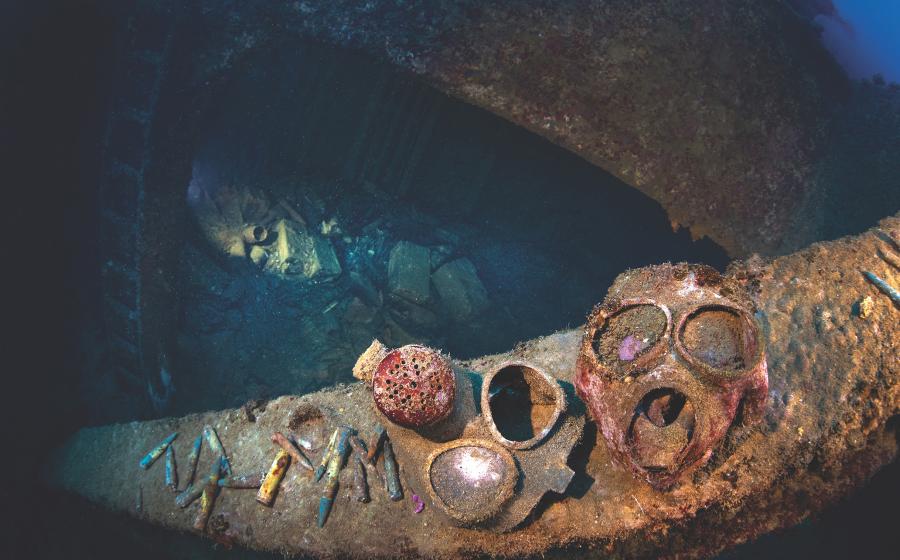Ask An Expert: Should Divers Be Recertified?

Driver
Norbert Schaefer / Age Fotostock
****In the opinion of this dive professional, it would be nearly impossible to mandate that divers take refresher classes — nor would it be a good idea.** **** **

By Peter Friedman
The other day I was driving on my local interstate, and in the space of three miles I came across a car in the left lane being driven at 48 miles per hour. As I passed it on the right I noticed that an elderly lady who could barely see over the steering wheel was driving it. A mile down the road I encountered a small import being driven at a high speed, weaving in and out of traffic almost causing several accidents. Both of these drivers were creating hazardous situations to themselves and others.
Driving a vehicle is a privilege that is granted and regulated by the state in which one resides. Most states do not require refreshers, retraining or continuing education unless the driver becomes involved in a major event that leads to the suspension or revocation of his or her license. A license to drive is controlled by the government. However, a certification to dive is an industry standard. If mandatory refreshers for government-controlled hazardous activities are impossible, it is naïve to think that we can regulate a refresher in diving.
In current society, we have become a group of “blameless” individuals. A phrase heard much too often is: “It’s not my fault this happened.” The inclination is to find a fall guy. Under those parameters, diving with a regulator that fails – one that is twenty years old and has not been used in five years -- is the fault of the manufacturer, rather than the fault of the diver who is not prudent with his equipment.
The same is true of training. Diving is not like riding a bike. Skills need to be upgraded and maintained. A dive certification should not be considered a license; it is a ticket to continue to learn.
It is the industry’s responsibility to motivate divers to be responsible. Good training and continuous engagement will help convince them to keep their skills up to date. Dive professionals should constantly monitor people while both diving and trading with them. If someone has not been in the water for a while, we need to inform and coach him to ensure he is a responsible diver. Safety is paramount, but we also need to make sure that he is a good dive citizen and not damaging the environment. Mandating a refresher course is not a viable solution. Divers are, in the final analysis, responsible for themselves. As industry professionals, we cannot force training on people. We live in a society where people have the choice to make their own decisions.
Peter Friedman is an owner of the Dayo Scuba Stores and training facilities in Orlando, Florida. He is an instructor of technical, recreational, and overhead diving for several agencies.
****As a professional Florida-based scuba instructor, I often lament that divers are not subject to the same criteria as drivers.****

By Kell Levendorf
In 30 years of instruction, I have found the only constant in the diving industry to be change. Yet certifying agencies have never instituted a mandatory requirement to make certain that divers are conversant with these inevitable changes to our sport, nor even that they remember the basics from their original training.
As a professional Floridian, I live in terror of the annual migration of the dreaded snowbird. Each year, tens of thousands of these aging Northern drivers descend upon the Sunshine State in their Buicks and Cadillacs, scarcely able to see over their steering wheels, confused as to which pedal is for going and which for stopping, and poised to become a menace to themselves and the rest of us. Fortunately, society has seen fit to enact a handful of laws requiring proof of competency to drive and formalized recertification. Does not the attrition of diving skills pose as great a threat to oneself — and others — as the attrition of driving skills?
Recently, a man came into our Key West dive center and requested to dive the Vandenberg, Florida’s second largest artificial reef. Based on its depth and the potential for strong currents, this can be a challenging wreck dive and we require certain pre-qualifications. Yet the man became indignant when we declined to take him, even though he admitted he had not been diving since 1986.
“I was certified for life,” he argued.
Quality, professional dive centers will police their own clientele and require proof of logged dives or mandate refresher training. Sadly, many divers often refuse this, opting to do business with an operation that makes no such stipulation. The problem is even more acute with those who dive from their own boat, as they are subject to no oversight except when they fill their tank. Ironically, even tanks are required to be retested every five years, although the people who wear them are free to do nothing to demonstrate that they still know how to dive safely.
In the current climate, proper risk management and quality assurance are impossible, and marginally competent divers are free to avoid improving their skills, although it should be noted that it often affords us the opportunity to keep our rescue skills sharp. After periods of inactivity, dive instructors are required by their agencies to undergo mandatory retraining or recertification. Clearly, the need is just as imperative for the average diver.
Kell Levendorf has been teaching scuba since 1982 and has trained and placed dive instructors throughout the industry since 2000. A former ScubaLab Director, he now lives in Key West, Florida.

Norbert Schaefer / Age Fotostock
****In the opinion of this dive professional, it would be nearly impossible to mandate that divers take refresher classes — nor would it be a good idea.** **** **
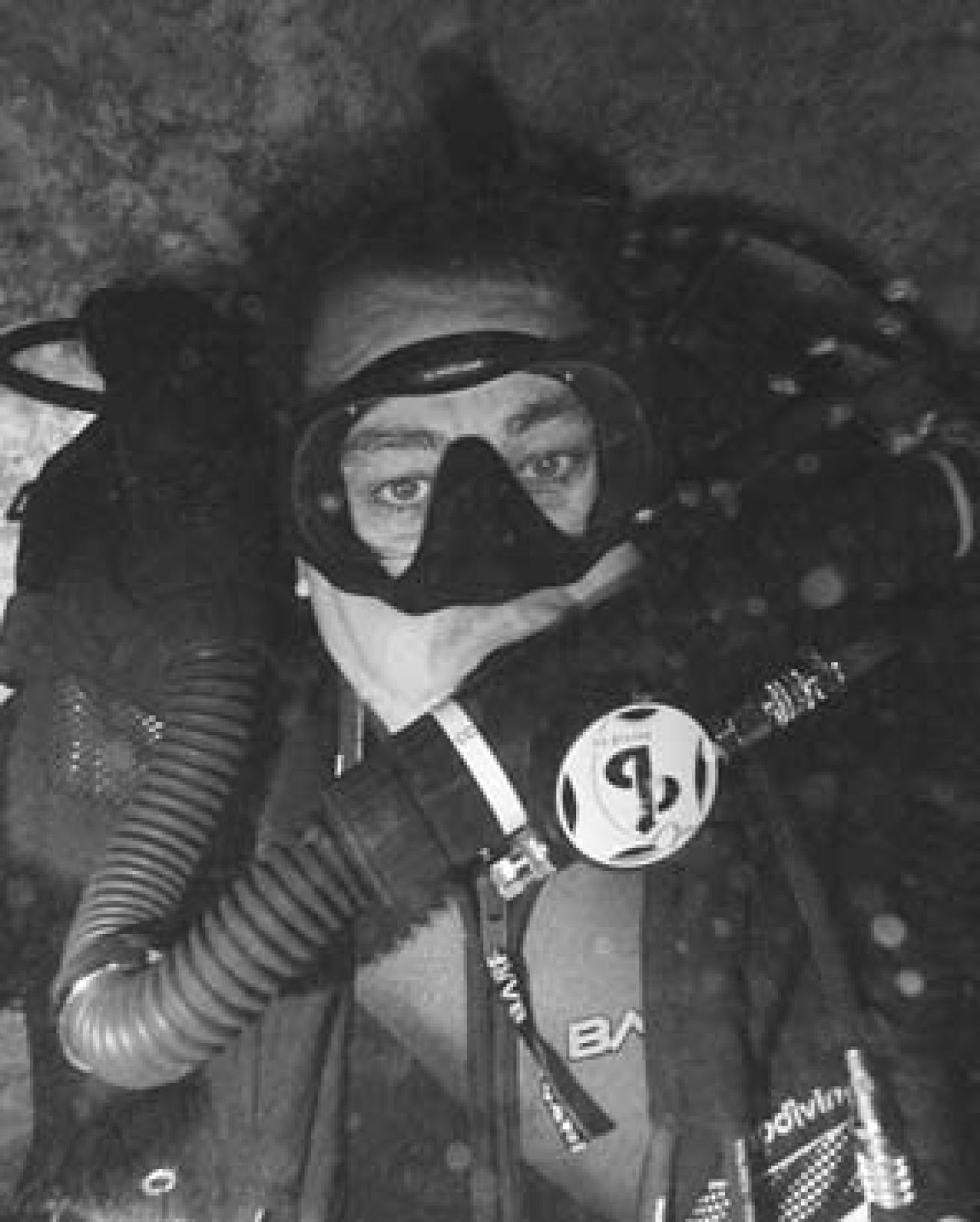
By Peter Friedman
The other day I was driving on my local interstate, and in the space of three miles I came across a car in the left lane being driven at 48 miles per hour. As I passed it on the right I noticed that an elderly lady who could barely see over the steering wheel was driving it. A mile down the road I encountered a small import being driven at a high speed, weaving in and out of traffic almost causing several accidents. Both of these drivers were creating hazardous situations to themselves and others.
Driving a vehicle is a privilege that is granted and regulated by the state in which one resides. Most states do not require refreshers, retraining or continuing education unless the driver becomes involved in a major event that leads to the suspension or revocation of his or her license. A license to drive is controlled by the government. However, a certification to dive is an industry standard. If mandatory refreshers for government-controlled hazardous activities are impossible, it is naïve to think that we can regulate a refresher in diving.
In current society, we have become a group of “blameless” individuals. A phrase heard much too often is: “It’s not my fault this happened.” The inclination is to find a fall guy. Under those parameters, diving with a regulator that fails – one that is twenty years old and has not been used in five years -- is the fault of the manufacturer, rather than the fault of the diver who is not prudent with his equipment.
The same is true of training. Diving is not like riding a bike. Skills need to be upgraded and maintained. A dive certification should not be considered a license; it is a ticket to continue to learn.
It is the industry’s responsibility to motivate divers to be responsible. Good training and continuous engagement will help convince them to keep their skills up to date. Dive professionals should constantly monitor people while both diving and trading with them. If someone has not been in the water for a while, we need to inform and coach him to ensure he is a responsible diver. Safety is paramount, but we also need to make sure that he is a good dive citizen and not damaging the environment. Mandating a refresher course is not a viable solution. Divers are, in the final analysis, responsible for themselves. As industry professionals, we cannot force training on people. We live in a society where people have the choice to make their own decisions.
Peter Friedman is an owner of the Dayo Scuba Stores and training facilities in Orlando, Florida. He is an instructor of technical, recreational, and overhead diving for several agencies.
****As a professional Florida-based scuba instructor, I often lament that divers are not subject to the same criteria as drivers.****

By Kell Levendorf
In 30 years of instruction, I have found the only constant in the diving industry to be change. Yet certifying agencies have never instituted a mandatory requirement to make certain that divers are conversant with these inevitable changes to our sport, nor even that they remember the basics from their original training.
As a professional Floridian, I live in terror of the annual migration of the dreaded snowbird. Each year, tens of thousands of these aging Northern drivers descend upon the Sunshine State in their Buicks and Cadillacs, scarcely able to see over their steering wheels, confused as to which pedal is for going and which for stopping, and poised to become a menace to themselves and the rest of us. Fortunately, society has seen fit to enact a handful of laws requiring proof of competency to drive and formalized recertification. Does not the attrition of diving skills pose as great a threat to oneself — and others — as the attrition of driving skills?
Recently, a man came into our Key West dive center and requested to dive the Vandenberg, Florida’s second largest artificial reef. Based on its depth and the potential for strong currents, this can be a challenging wreck dive and we require certain pre-qualifications. Yet the man became indignant when we declined to take him, even though he admitted he had not been diving since 1986.
“I was certified for life,” he argued.
Quality, professional dive centers will police their own clientele and require proof of logged dives or mandate refresher training. Sadly, many divers often refuse this, opting to do business with an operation that makes no such stipulation. The problem is even more acute with those who dive from their own boat, as they are subject to no oversight except when they fill their tank. Ironically, even tanks are required to be retested every five years, although the people who wear them are free to do nothing to demonstrate that they still know how to dive safely.
In the current climate, proper risk management and quality assurance are impossible, and marginally competent divers are free to avoid improving their skills, although it should be noted that it often affords us the opportunity to keep our rescue skills sharp. After periods of inactivity, dive instructors are required by their agencies to undergo mandatory retraining or recertification. Clearly, the need is just as imperative for the average diver.
Kell Levendorf has been teaching scuba since 1982 and has trained and placed dive instructors throughout the industry since 2000. A former ScubaLab Director, he now lives in Key West, Florida.

